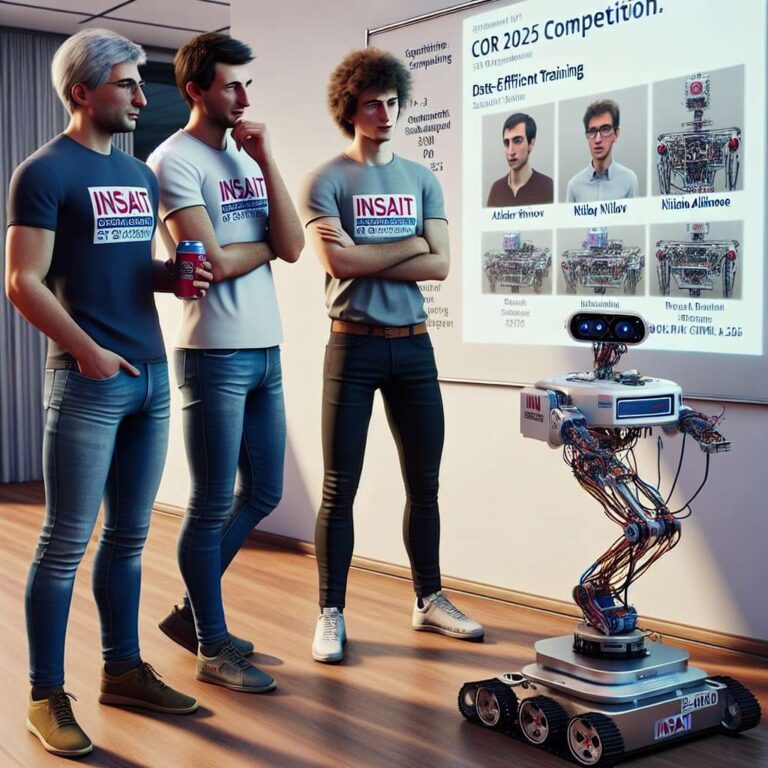A team from INSAIT, part of Sofia University “St. Kliment Ohridski,” achieved a notable milestone by being one of only two teams to qualify for RoboArena, an international challenge for evaluating the latest Artificial Intelligence models in robotics. The event was organized by researchers from Stanford University, the University of California, Berkeley, and other leading institutions, and was held as part of CoRL 2025 in Seoul. The selection underscores the institute’s growing presence on the global stage in robotics and Artificial Intelligence research.
INSAIT’s model delivered standout performance, surpassing even powerful existing solutions trained on ten times more data. Among the benchmarks referenced was the pi0 model developed by Physical Intelligence, a Stanford University startup that raised initial funding from Jeff Bezos and OpenAI. While specific technical details were not disclosed, INSAIT stated it plans to officially release its model soon, signaling a forthcoming contribution to the broader robotics and Artificial Intelligence community.
In parallel with the competition success, the institute presented MotoVLA, a research approach that enables robots to learn not only from pre-compiled datasets but also through observation of the real environment and video. This methodology is aimed at building more flexible and generalizable robotic systems, moving beyond rigid, dataset-bound learning toward capabilities that better reflect the variability of the physical world. The presentation highlights INSAIT’s dual focus on both competitive validation and foundational research.
The achievements were credited to researchers Alexander Spiridonov, Nikolay Nikolov, and Giuliano Albanese, who represented Bulgaria at the forum. Their participation and results reflect the institute’s expanding research capacity and collaborative engagement with top academic ecosystems, including those anchored at Stanford University and the University of California, Berkeley.
According to the institute, these outcomes demonstrate how Bulgaria, through INSAIT, is becoming a meaningful contributor to the global development of Artificial Intelligence for robotics. With plans to release its high-performing model and continued advances like MotoVLA, INSAIT positions itself to influence emerging standards for data efficiency, learning paradigms, and real-world adaptability in robotic systems.

